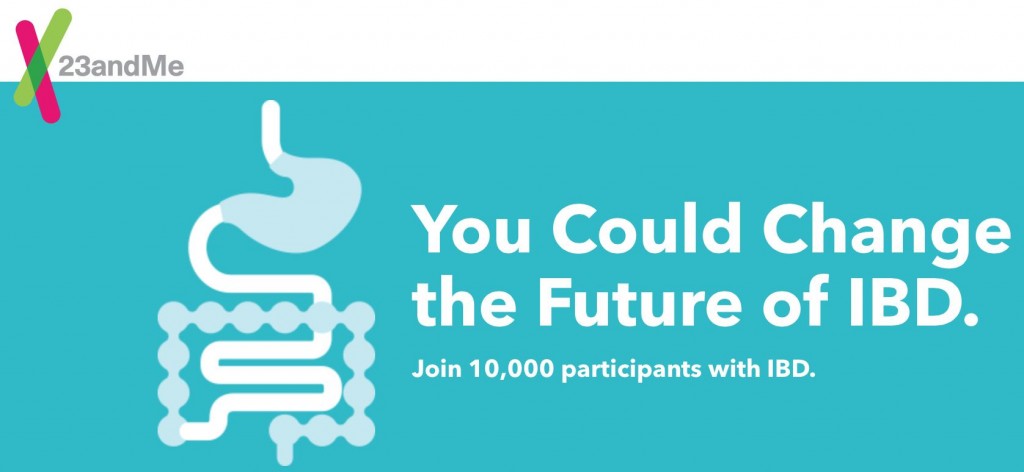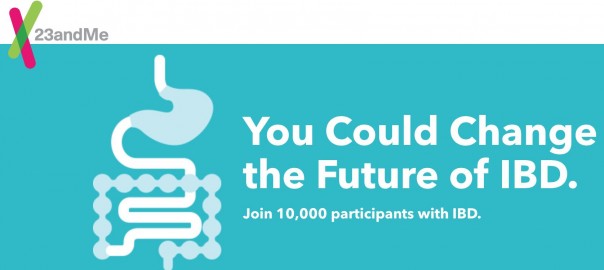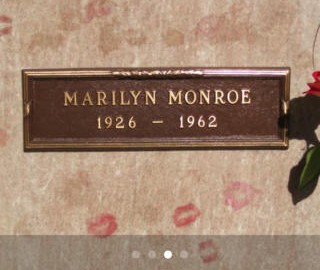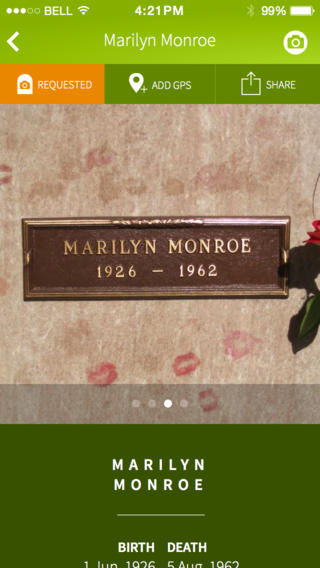
There has been no shortage of coverage about the FDA dropping the hammer on 23andMe, forcing them to cease distribution of their DNA testing kits (Bloomberg, Business Insider, Forbes, Fortune, Hacker News, VentureBeat, etc.). Since the initial coverage, the story has continued with 23andMe getting sued in a class action case, and with 23andMe officially becoming a genealogy-only service for new customers (at least temporarily).
Some may be wondering how this intervention by the FDA affects genetic genealogy? The answer is that directly, it doesn’t affect genetic genealogy at all. This is not an attack at all on genetic genealogy, which is why other DNA testing companies such a Family Tree DNA (FTDNA) and Ancestry have not been similarly contacted by the FDA, even though they use the same, or very similar, testing devices that 23andMe use.
How can the FDA regulate a device being used by 23andMe, but not when it’s used by FTDNA and Ancestry? The answer is that neither FTDNA nor Ancestry use the data collected to provide any health-related information. In fact, I’ve heard FTNDA even does not collect markers used for health analysis, even though they’re available on the chips they use to do their DNA analysis.
Why don’t FTDNA and Ancestry use this data? Well, for one reason, they don’t want the FDA breathing down their necks. In addition, both FTDNA and Ancestry are focused on genetic genealogy. While genetic health information may be of interest to those researching their families, even relevant in many cases to determining if someone is related to you or not, it’s not a critical feature of genetic genealogy.
23andMe, on the other hand, has always been interested in providing analysis of health data found in one’s DNA. Initially, 23andMe offered separate health and genealogy tests. Later they combined everything in one offering. The reason the FDA sent their warning letter to 23andMe, is solely related to the health claims made by 23andMe. How will this effect 23andMe customers? Unless they provide a satisfactory answer to the FDA within the initial 15 day period, which frankly would seem unlikely, they will need to stop sending out genetic testing kits. It’s not clear if they will have to stop providing analysis of health data to existing customers.
Right now, 23andMe has ceased offering health information to new customers – although the FDA could theoretically stop this as well. Presumably they will attempt to come to a deal with the FDA and offer this health information to their new customers in the future. In any case they will be collecting the health markers from new customers and offering them the raw data that they can analyze it themselves.
The real problem would be if 23andMe is prevented from marketing or providing health-related offerings for an extended period of time, and cannot make enough money to remain a going concern. While Ancestry and FTDNA make all their revenues from genealogy-related services, it would certainly appear that 23andMe was heavily focused on the health side of their business. Without the health-related revenue, the company may not be able to keep the doors open. I suspect there is little interest by 23andMe to transition to a genealogy-only company, even if they could do so profitably.
What does this mean to genealogy customers of 23andMe? It means you should be downloading your raw data now, if you haven’t already. Downloading your raw data will allow you to upload the data to another genetic genealogy site in the future. FTDNA, for example, will let you upload 23andMe data to their service for $49. This adds you to their matching database, same as if you had done the Family Finder test through them. They will not keep any of the health-related data, but there are third-party tools that will let you do your own analysis of the data. Some tools are listed by ISOGG (Autosomal DNA Tools), on David Johnson’s site for his 23++ Chrome extension (Getting more from your data), and in Blaine Bettinger’s article What else can I do with my DNA test results? on his The Genetic Genealogist blog. I doubt any of these resources would completely replace the information and analysis that 23andMe provided to its customers, but at least the data won’t go to waste.
On a philosophical level, I think we as individuals deserve the right to access our genetic data without intermediaries. I think the government should take a step back and only intervene in situations where there is clearly fraud being carried out. It is not a coincidence that health insurance companies and organizations that represent doctors have lobbied against direct-to-consumer genetic testing. While most individuals do not have the ability to analyze the data themselves, that’s why 23andMe was developing tools on their site to help in the analysis. I doubt most doctors would be able to provide any analysis of one’s genetic data without similar tools, and if that’s the case, why not allow individuals to see the same information? Of course it’s possible that some individuals, presented with a higher likelihood of developing some horrible medical condition, could freak out and do things detrimental to their health, in most cases this seems unlikely. How many people would have medical procedures carried out without additional targeted testing? What doctor would allow medical intervention without further testing? In short I think 23andMe has the right idea here, but they’ve handled their interaction with the FDA badly. Hopefully they’ll be able to figure out a compromise before the inability to market their health offering affects their ability to continue as a company. That’s where their ability to offer genetic genealogy services could also cease.
I would hope they would transition their database to another company, but considering all the extra privacy steps they have for their health data, it’s likely they would not be able to transfer their entire genealogy database to another company. It’s even possible the company could close up and not offer a way to download your data at that time. That’s why I advocate downloading your raw data now. Personally, if I was at FTDNA, I’d be offering an end-of-the-year deal for $25 to import data from other web sites…
For reference, here’s the statement recently posted on the front page of 23andMe explaining the situation:
Welcome to 23andMe.
At this time, we have suspended our health-related genetic tests to comply with the U.S. Food and Drug Administration’s directive to discontinue new consumer access during our regulatory review process.
We are continuing to provide you with both ancestry-related genetic tests and raw genetic data, without 23andMe’s interpretation.
If you are an existing customer please click the button below and then go to the health page for additional information. If you are a customer who purchased before November 22, 2013, you will still have access to your health-related results.
We remain firmly committed to fulfilling our long-term mission to help people everywhere have access to their own genetic data and have the ability to use that information to improve their lives.
Upon entering the site, please confirm you understand the new changes in our services.
I understand that 23andMe only sells ancestry reports and raw genetic data at this time. I understand 23andMe will not provide health-related reports. However, 23andMe may provide health-related results in the future, dependent upon FDA marketing authorization.



 In one of the more interesting announcements in the genealogy world of late, MyHeritage has announced a partnership with genetic testing company 23andMe.
In one of the more interesting announcements in the genealogy world of late, MyHeritage has announced a partnership with genetic testing company 23andMe. Unlike the partnership between MyHeritage and Family Tree DNA which
Unlike the partnership between MyHeritage and Family Tree DNA which  MyHeritage has announced that they will be integrating their service directly with 23andMe, allowing one to confirm relationships in your tree on MyHeritage using the DNA data on 23andMe. Certainly a very interesting development, and it will be interesting to see how far they go with this integration.
MyHeritage has announced that they will be integrating their service directly with 23andMe, allowing one to confirm relationships in your tree on MyHeritage using the DNA data on 23andMe. Certainly a very interesting development, and it will be interesting to see how far they go with this integration.


